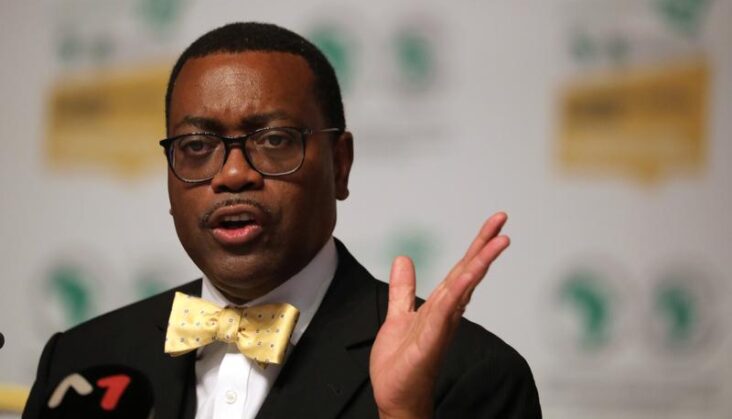Adesina Urges Investment In African Youths, Not Handouts.
President of the African Development Bank (AfDB), Dr Akinwumi Adesina, has emphasised the need for genuine capital investment in young people across Africa, stressing that empowerment should go beyond small handouts and focus instead on meaningful support that transforms ideas into wealth.
Speaking during an interview on Channels Television, Adesina addressed Nigeria’s growing ‘Japa’ trend – a term used to describe the mass migration of young Nigerians seeking better opportunities abroad – describing it as a major loss for both the country and the continent at large.
“Young people don’t need freebies. They don’t need N5,000 or N10,000,” he said. “They need capital. They need people to believe in them and to put money at risk on their behalf.”
The former Nigerian Minister of Agriculture highlighted that Africa is home to over 465 million people between the ages of 15 and 35, which he called a “demographic asset” that must be turned into an economic advantage through proper investment in human capital and entrepreneurship.
Drawing comparisons with populous nations such as India and China, Adesina argued that large youth populations are not inherently problematic. “It is what you do with your population and how you skill them up that matters,” he noted.
To address what he termed as institutional financial failures, the AfDB chief revealed the establishment of the Youth Entrepreneurship Development Bank, designed to provide structured financing to young African entrepreneurs. He disclosed that the AfDB had just approved $100 million to set up the Nigerian Youth Entrepreneurship Investment Bank, a move expected to mobilise up to $2 billion for over 38,000 youth-led businesses.
“The future of our young people doesn’t lie in Europe, America, Canada, Japan, or China. It lies here in Africa – a continent growing robustly, creating quality jobs and wealth for its own people,” he stated.
Adesina further urged African governments and stakeholders to shift from tokenistic approaches to youth empowerment, and instead, view young people as engines of economic growth with high purchasing power, particularly vital in a world increasingly shaped by trade barriers and internal consumption.
“Our youth have the skills, the entrepreneurial drive, and the knowledge to succeed. What they need is structured, significant support – not giveaways,” he added.
His call reinforces the AfDB’s continued commitment to inclusive growth, job creation, and economic sustainability by nurturing the potential of Africa’s young generation.



